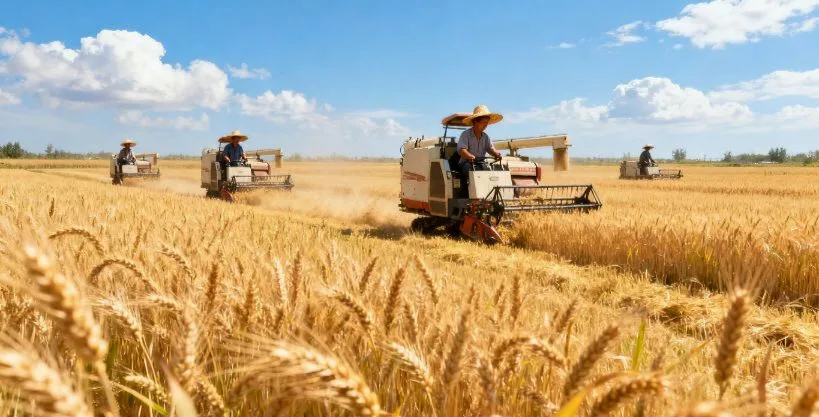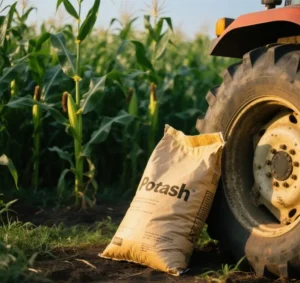As the peak season for summer grain procurement in 2025 draws to a close, the latest statistics from the National Food and Strategic Reserves Administration reveal that various grain enterprises across the country have collectively purchased over 100 million tons of wheat, marking smooth progress in this year’s procurement efforts.
Luo Shouquan, Director of the Grain Reserve Department at the National Food and Strategic Reserves Administration, highlighted three key features of this year’s wheat procurement:
Rapid Procurement Pace
This year’s wheat harvest reached the market earlier than usual, with the peak procurement season starting about a week ahead of schedule. Since the procurement began, farmers have been actively selling their grains, mostly opting for immediate sales after harvesting. As a result, the procurement progress has been faster compared to the same period last year. To date, grain enterprises have purchased a total of 100.16 million tons of wheat.
Broad Price Support Coverage
Relevant national authorities have activated the minimum purchase price policy in key provinces such as Henan, Anhui, Hebei, Jiangsu, and Shandong. Sinograin, China’s state grain reserve group, has strictly implemented the procurement policy, promptly increasing the number of purchasing warehouses and enhancing support in terms of personnel and equipment. These efforts have significantly improved on-site service quality. So far, 13 million tons of wheat have been purchased at the minimum support price, firmly ensuring that farmers are able to sell their grains without difficulty.
Stable Market Performance
Supported by the minimum purchase price policy, grain processing, trading, and reserve enterprises have engaged in orderly purchases and sales. Wheat prices have remained generally stable, with a clear trend of higher prices for superior quality products. As the Mid-Autumn Festival and National Day approach, flour consumption is expected to enter its traditional peak season, further energizing wheat market transactions.
In the next phase, the National Food and Strategic Reserves Administration will continue to closely monitor the progress of summer grain procurement, strengthen market monitoring and early warning systems, and ensure the implementation of regulatory measures. These efforts will aim to maintain grain prices at reasonable levels and ensure the successful conclusion of the summer grain peak procurement season.









